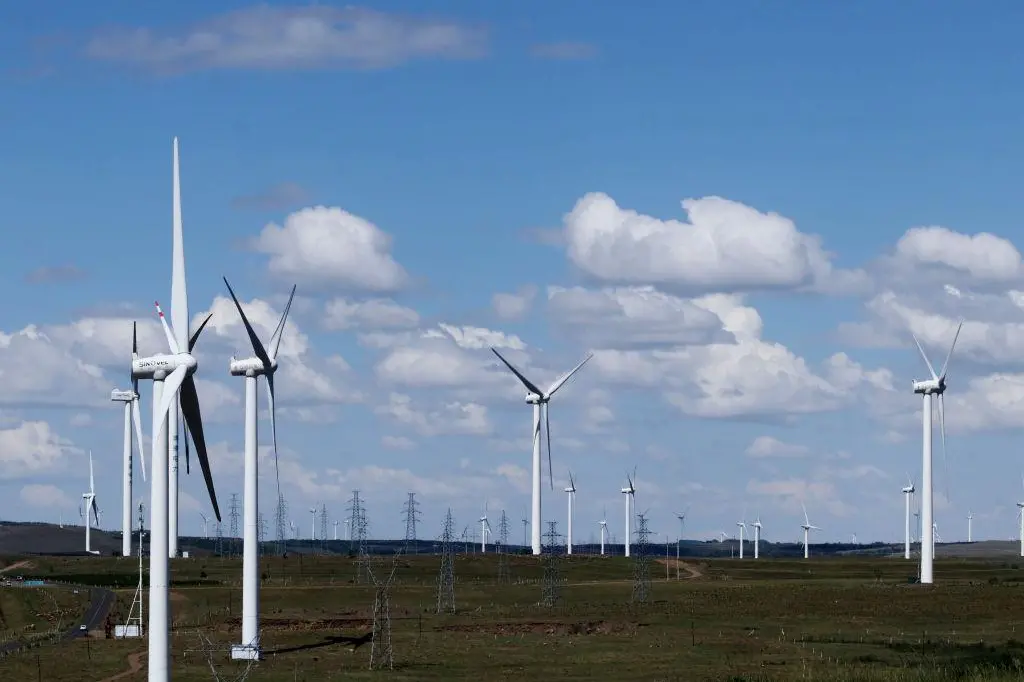PHOTO
Bahrain is banking on a downward trend in the cost of renewable energy encouraging more people to adopt alternative power solutions in their homes.
The global weighted average cost of electricity from concentrated solar power declined by 26 per cent last year, according to an International Renewable Energy Agency (IRENA) report.
Authorities in Bahrain have already launched a scheme that allows people to install solar panels on their homes to generate their own electricity – and sell any they don’t use to the national grid.
A National Renewable Energy Action Plan aims to increase the share of renewable energy sources in the national energy mix by 5pc by 2025 and 10pc by 2035.
“This is very important for Bahrain as the government of Bahrain has established the SEC (Sustainable Energy Centre) to encourage investment in renewable energy, it is clean and sustainable and creates new jobs and the cost is competitive with fossil fuels,” Electricity and Water Affairs (EWA) Minister Dr Abdulhussain Mirza told the GDN.
“Technology in the renewable energy sector is developing very fast and what this means is that if the cost comes down, it will be cheaper for people in the long term to install a solar energy system in their homes than pay the EWA tariffs.
“The contract with the EWA for the installation of the solar system lasts for 20 years.
“I believe this will encourage more people to start using renewable energy sources, which will be good for the country because it will protect the environment and help create more jobs for Bahrainis.”
IRENA is the global intergovernmental organisation that supports countries adopting sustainable energy solutions, serving as a knowledge base and a platform for international co-operation.
Its report also documented a 14pc drop in costs associated with bioenergy last year, while solar photovoltaics (PV) and onshore wind costs reduced by 13pc, hydropower by 12pc and geothermal and offshore wind by 1pc.
These cost reductions, particularly for solar and wind power technologies, are set to continue into the next decade.
Meanwhile, IRENA says three quarters of onshore wind and four fifths of the solar PV capacity due to be commissioned next year will produce power at lower prices than the cheapest new coal, oil or natural gas options.
“Renewable power is the backbone of any development that aims to be sustainable,” said IRENA director general Francesco La Camera.
“We must do everything we can to accelerate renewables if we are to meet the climate objectives of the Paris Agreement.”
He said IRENA planned to work closely with governments on expanding the scope of renewable energy solutions.
“Renewable energy provides countries with a low-cost climate solution that allows for scaling up action,” he said.
“To fully harness the economic opportunity of renewables, IRENA will work closely with our members and partners to facilitate on-the-ground solutions and concerted action that will result in renewable energy projects.”
The report was released ahead of Abu Dhabi’s global preparatory meeting for the United Nations Climate Action Summit in September.
© Copyright 2019 www.gdnonline.com
Copyright 2019 Al Hilal Publishing and Marketing Group Provided by SyndiGate Media Inc. (Syndigate.info).





















